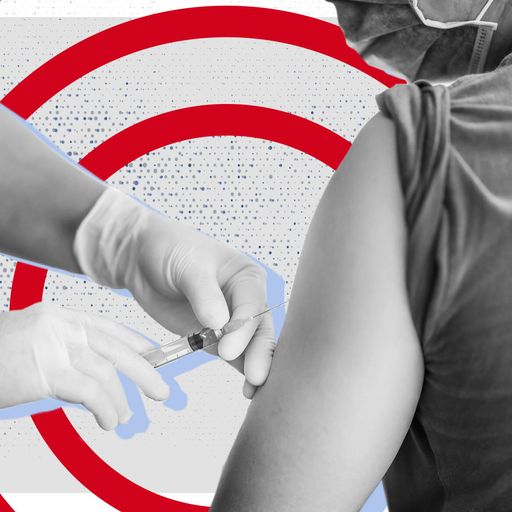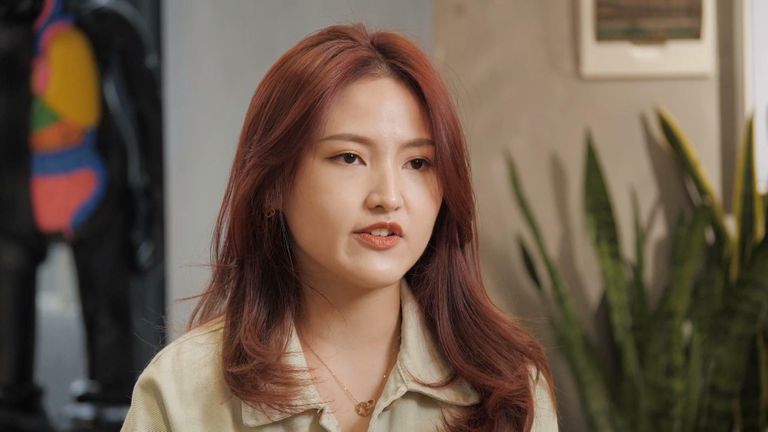It’s a brave soul who allows themselves to be deliberately infected with the COVID virus.
Even if you are young and healthy, there is no guarantee that you won’t become seriously ill.
Nor can you be sure that you won’t develop long COVID, the debilitating chronic consequence of infection that can affect people of all ages.
But thousands of volunteers have expressed interest in the first human challenge trials for the disease that will be run in the UK – if the scientists can get final ethical approval.
Volunteers will be under intense medical scrutiny and will be given Remdesivir if they develop symptoms, a so-called rescue treatment.
But recent research has shown the drug makes little difference, so that’s no great comfort.
The first 90 or so volunteers will just have the virus squirted up their nose as scientists work out the minimal dose needed to trigger an infection.
They won’t even be given a vaccine – that comes in later trials.
It is extraordinary altruism. A vaccine is the most likely exit from the pandemic, with its dreadful impact on health and the economy.
Challenge trials will fast-track development.
Currently scientists are running clinical trials of vaccines that involve 10,000 or so volunteers over several months.
By comparing how many COVID infections there are in those given the vaccine versus those given a placebo, they hope to show whether or not it protects against the virus.
A challenge trial needs fewer volunteers and takes just a few weeks to show whether a vaccine has any effect.
And with a standard testing procedure you could make direct comparisons between vaccines.
Only those that look most promising would be pushed forward to the larger trials.
The big problem with challenge studies is that it would be unethical to deliberately infect people who are at high risk of serious disease.
The elderly need protection the most, but they have less active immune systems and tend to respond less well to vaccines.
So traditional clinical trials, involving older volunteers, will still be needed.
COVID-19 will be with us for years. It is highly unlikely that the first wave of vaccines, some of which could be ready early next year, will stop the virus spreading.
But there are many other vaccines in early development and the quicker they can be tested the sooner life can get back to normal.





